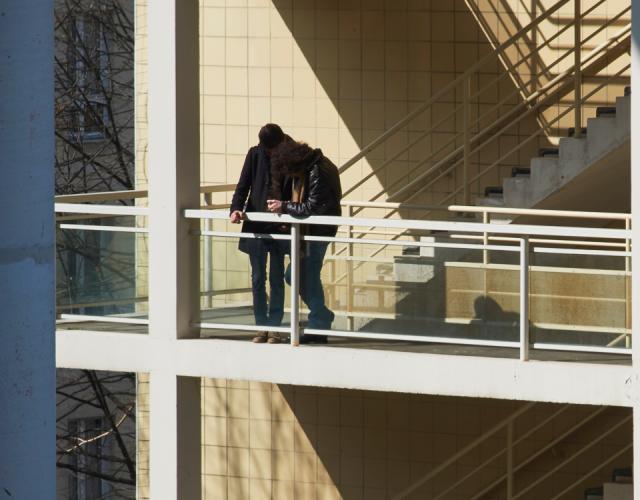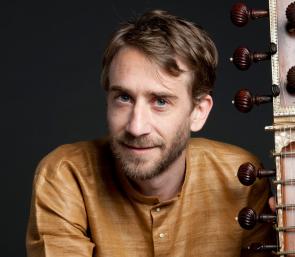
Indian music and modal improvisation
INFORMATIONS
-
Objectives and content
Modal improvisation in the language of North Indian music.
This class is first and foremost an opening onto another musical culture and quite simply another way of thinking about music. We learn to improvise, or rather to recreate in the moment within the matrices of North Indian music (modality - rāga, metric - tāla, elaboration structure).
Exchanges are essentially oral, as they are in this tradition, and a large number of melodic and rhythmic compositions are approached using vernacular oral theory(Saregama, onomatopoeia). Beyond the purely musical material, this tradition is understood through contextualisation, accompanied by analytical listening to immerse oneself in the aesthetics and culture of this music.
More broadly, the course addresses approaches that are common to many other types of music: reflection on modality in the broadest sense, the conduct and relevance of an improvised musical discourse, management of silence and ornamentation, heightened perception of intonation in the context of the drone, development of an awareness of cyclical and metrical musical time, exploration and systematisation of rhythmic and polyrhythmic games, exploration of new instrumental or vocal techniques, etc.
-
Entrance terms and conditions
Class open to all subjects (subject to availability)
Certificat B: open to students who have obtained a distinction of Very Good or Good at the end of the Certificat A.
-
Assessment terms and conditions
Length of performance before the jury: 10 minutes maximum
Collective and/or individual presentation of the creation of a rāga, with the presence, where appropriate, of a tabla (traditional Indian percussion) accompanist.
-
Duration of studies
1 year for the A Certificate, 1 additional year for the B Certificate
-
Reward
Certificate
-
Erasmus
Yes

